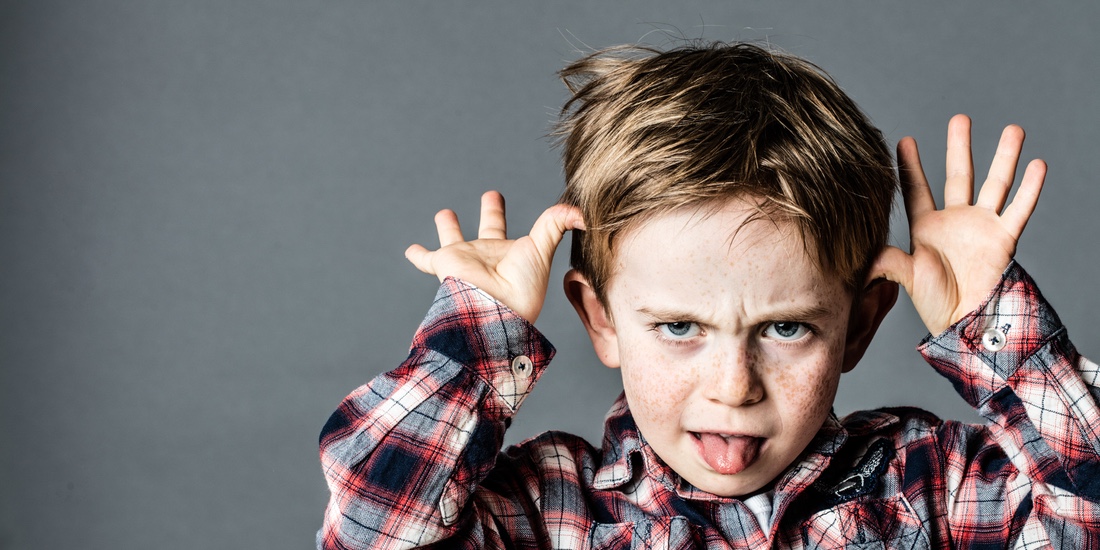Understand the difference between discipline and punishment to change a child’s behavior in the future. Let’s focus on creating effective and logical consequences – empower a child to make a better choice next time.
Learn
Often, when children behave in increasingly tricky ways, grown-ups react by doling out harsher punishments – threats or consequences that may be entirely unrelated to the root cause of the incident. The harsher the punishment, the more we may hope to maximize control over the situation.
There are many reasons grown-ups punish. But even punishments that seemingly work in the short-term can have negative, long-lasting impact and can be incredibly damaging to the parent-child connection. So let’s reframe it to *discipline* (not punishment).
Fun fact: the root of the word *discipline* is “to teach”, “knowledge”; whereas the root of the word punishment is “to cause pain, suffering”, “correct”.
Basic Concepts
| Discipline | Punishment |
|
|
|
|
|
|
|
|
Discipline teaches // Punishment shames
- Children experience punishment as parents shaming them for their behavior. As with adults, shaming a child is not an effective way of motivating them to do better in the future.
- If we embrace the idea that children are capable and are doing the best they can (most of the time), it’s easy to see how teaching them to make a better choice next time is a more effective approach to change behavior. A child who is struggling to understand the repercussions of their actions needs support and teaching, not shaming or embarrassment.
- “But my child knows better!” We hear this a lot. Your child may know the “right choice” in a calm, logical state, but it doesn’t mean they’ll always be able to access that higher level thinking, especially when emotions and conflict run high.
Discipline teaches a child to control themself // Punishment controls a child
- If the ultimate goal is to raise a child who is intrinsically motivated to make good choices, then let’s teach them the skills to exert self-control (vs. create punishments that externally control a child).
Discipline focuses on the impact of a child’s choices // Punishment makes a child focus on themself – poor me!
- For example, punishing Molly with, “Time out in your room for 30 minutes to think about what you’ve done,” for saying unkind words to Mateo makes her feel bad for herself. It doesn’t ask her to confront and recognize the impact of her behavior. Instead, teaching Molly to express her feelings in more constructive ways would have a longer lasting influence.
Reinforcing positive behavior is more effective than punishing bad behavior
- Good choices = intrinsic motivation + praise + recognition.
- Children feel supported and motivated when they experience praise and recognition for the good choices they make. There’s a phrase in neuroscience, “neurons that fire together, wire together” that’s especially true for discipline – the more you repeat an experience, the more your brain learns to trigger the same neurons each time.
- Research demonstrates that children who are punished harshly become skilled at deception and avoiding being caught.
Discipline requires you to play the long game. Put effort into connecting with your child vs. doling out short-term punishments.
Just Remember
- Discipline teaches; punishment shames.
- Discipline teaches a child to control themself; punishment controls a child.
- Discipline focuses on the impact of a child’s choices; punishment makes a child focus on themself – poor me!
- Reinforcing positive behavior is more effective than punishing bad behavior.
- Disciplining your child in a loving and respectful way will strengthen your relationship with your child, who will then be more motivated to follow your reasoning and make good choices.
Read more for an example of how discipline plays out in real life and how to make logical consequences happen.
